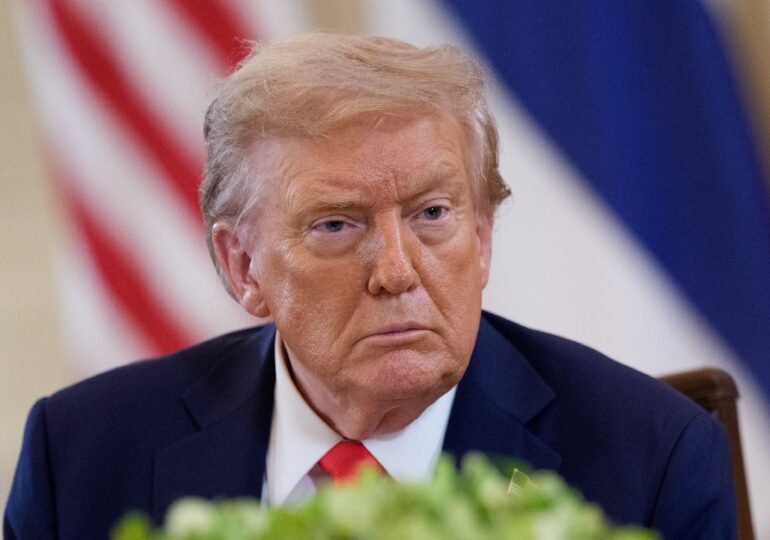An American federal appeals court ruled on Friday that a large portion of the customs duties imposed by U.S. President Donald Trump are illegal.
However, the court allowed the maintenance of the customs duties until October 14, to give the Trump administration the opportunity to appeal to the U.S. Supreme Court, AFP reports.
The decision, made by a majority of seven judges to four, weakens the protectionist offensive of the head of state, who publicly expressed concerns about this possibility earlier this month.
"The law grants the president significant authority to take a series of actions in response to a declared national emergency, but none of these actions explicitly include the power to impose customs duties, taxes, or similar charges, nor the power to levy taxes," the court stated.
Since returning to power in January, Donald Trump has introduced, in several waves, new tariffs on products entering the United States. These range from 10% to 50%, depending on the situation and the country.
These customs duties - different from those affecting specific sectors (automobiles, steel, aluminum, copper) - have been challenged in court. Judges considered that the head of state cannot impose indiscriminate tariffs, without time or amount limits.
It is noted that those that have been introduced "practically apply to all articles imported into the United States," almost regardless of their origin.
Trump's Reaction
"All customs duties are still in effect," American President reacted swiftly in a message on his Truth Social network.
"Now, with the help of the U.S. Supreme Court, we will use them to serve our country," added the president. He thus made it known that he will send the issue to the Supreme Court, whose conservative majority he has cemented, to settle the dispute ultimately.
In his message on Truth Social, the American president denounced the decision as "extremely politicized."
In his opinion, if the customs duties were withdrawn, "it would be a complete disaster for the country," which would be "destroyed."
At the beginning of August, he expressed fears that he would have to reimburse huge amounts, while the U.S. government boasts of collecting tens of billions of dollars in additional revenue.
Furthermore, the government fears that it will lose a major leverage over its trading partners. The fear of exorbitant customs duties has prompted many of them to avoid retaliating and, instead, to further open their markets to American products.
The case was first examined by the U.S. International Trade Commission (ITC), which ruled at the end of May that Donald Trump had exceeded his powers by imposing non-targeted tariffs.

